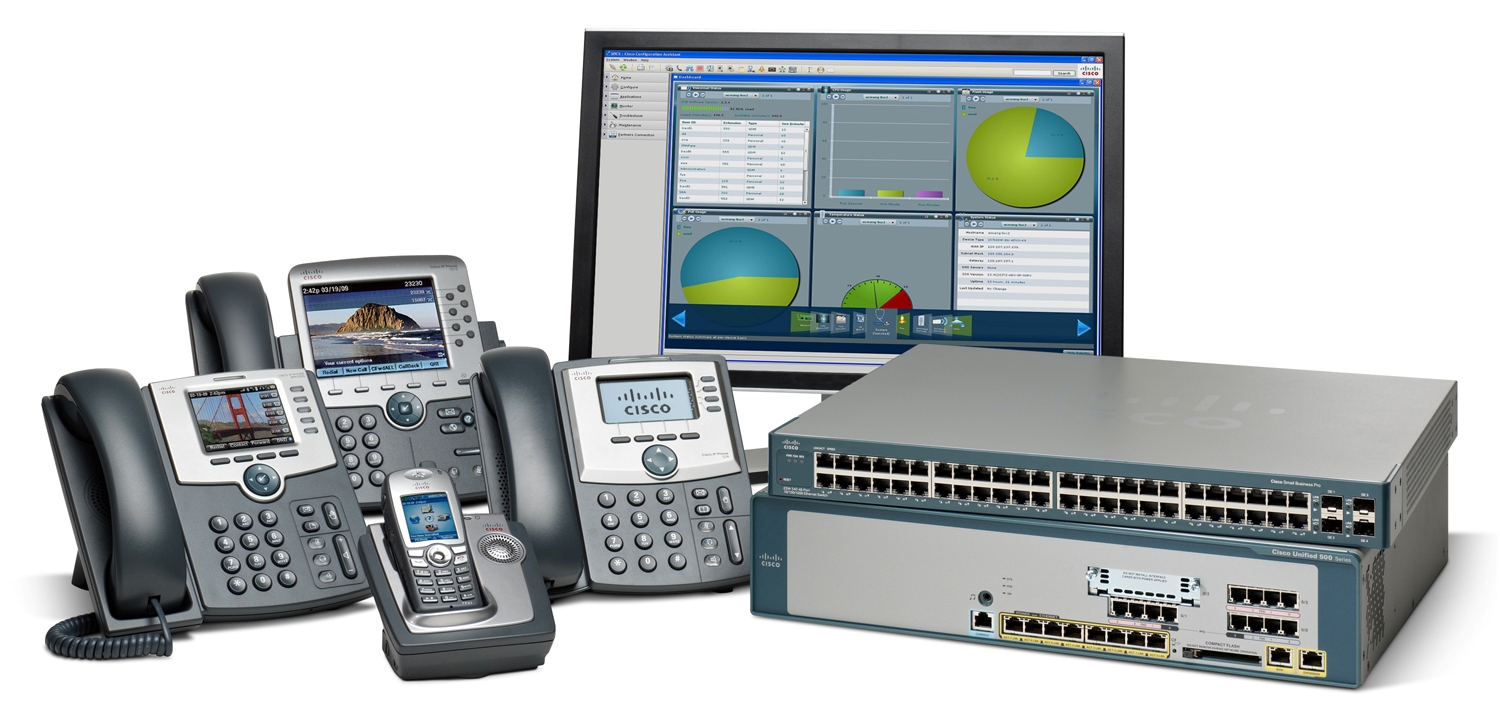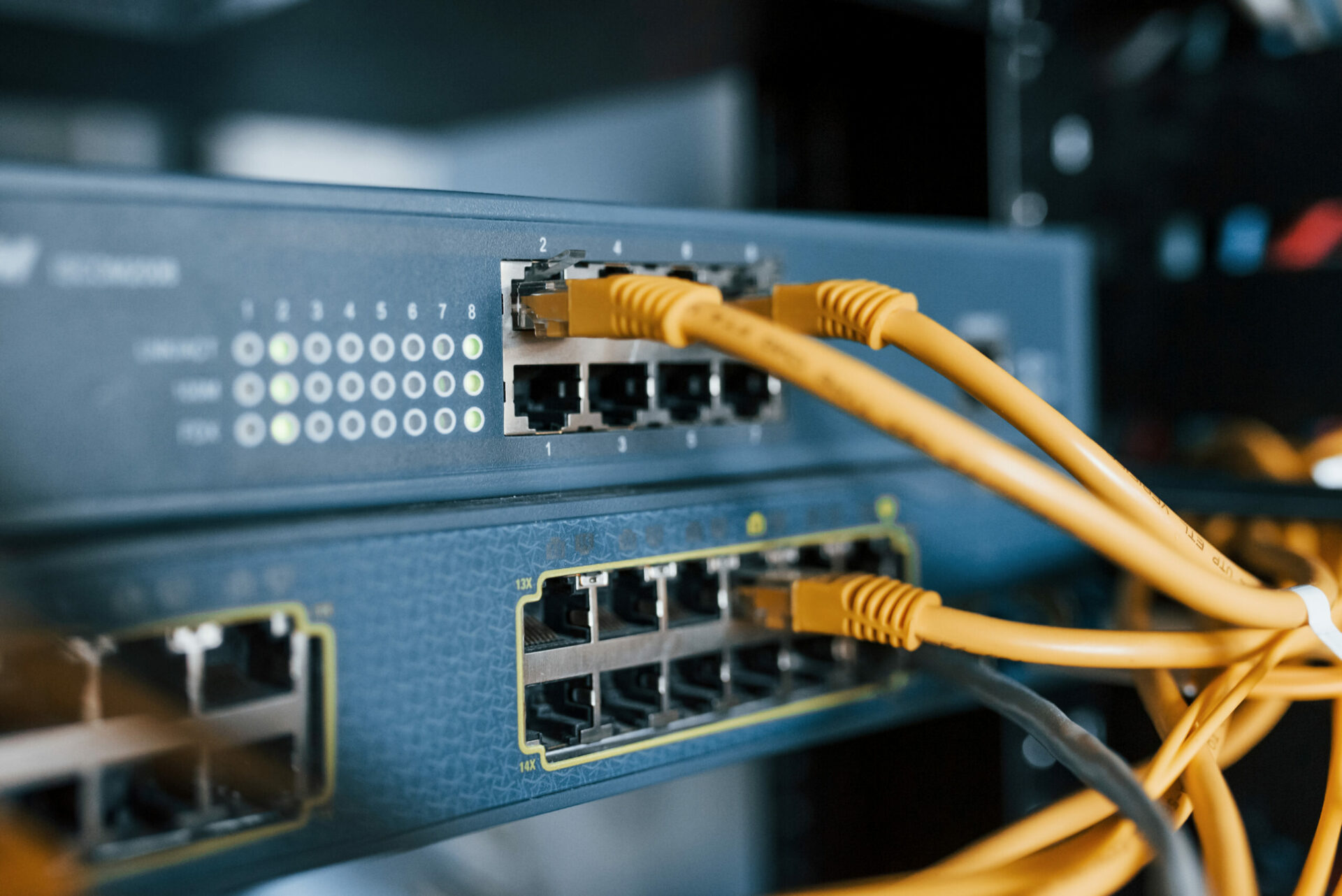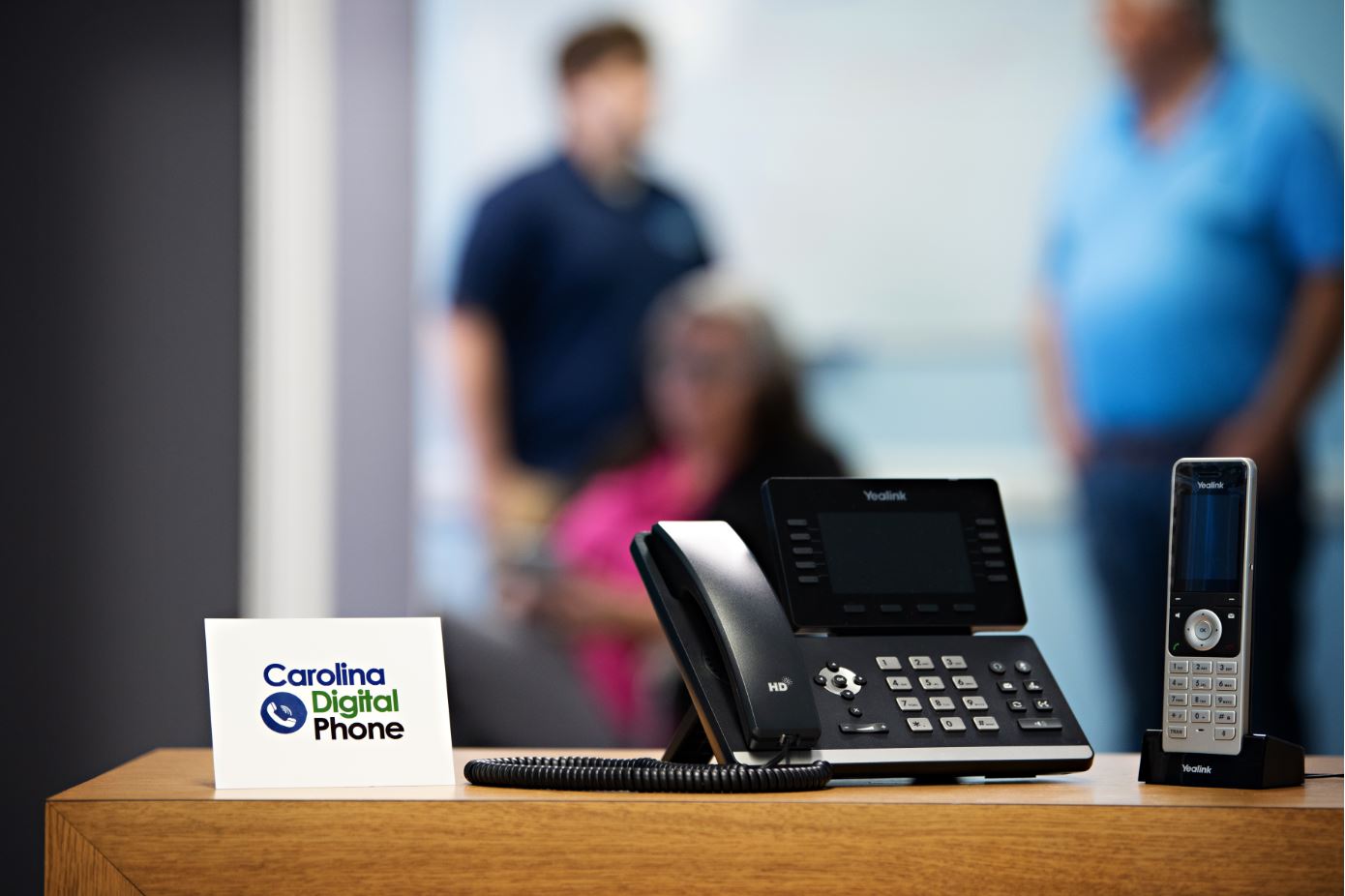“And now, the end is near…” for Cisco Unified Communications Manager v11.5
When it comes to updating software and hardware for either personal or business applications, not everyone makes it a priority to be the first on the block. After all, the rule of “if it’s not broken, don’t fix it” serves most of us in our day-to-day lives. It only becomes a priority to replace our car, television, computer, and such when they are no longer functional for our needs or flat out stop working.
One of those milestones is approaching for Cisco Unified Communication users. Cisco announced on November 30, 2020, the End-of-Life (EoL) timeline for their Version 11.5 Software of Cisco Unified Communications Manager, Cisco Emergency Responder, Cisco Unity Connection and associated On-Premise and Hosted Flex subscription.
What does Cisco’s EoL announcement mean to you and your on-premise or hosted telephone system through Cisco? It depends. You can choose to ignore the warning until you have no other choice but to budget for a pricey upgrade or find another solution. Or, you can start considering whether or not you want to go through the costly expense of upgrading all of your soon-to-be outdated equipment and software to the latest version. But there is another option. Maybe it’s time to rethink how you are handling your communication needs and consider your choices.
There was a time when Cisco was the de facto solution for business communication solutions. That time began in 1984. Back then, Cisco was revolutionizing the architecture used for network communications. There’s no denying that Cisco has produced some of the leading hardware for computer networking products, systems, and services. Sure, Cisco is a behemoth in the world of routing and networking hardware and software, but along with their enormous size and reach, you’re going to pay a big price.
Of course, the initial costs and ongoing fees will differ between hosted and installed VoIP systems. An installed system requires the initial purchase fee for the solution hardware and software, as well as potential consulting and installation fees for help from the vendor. VoIP providers charge a monthly fee for a hosted service, determined by the number of phone lines you subscribe to. That fee can vary tremendously based on the features and functionality you choose, especially if you decide to add advanced technologies such as unified communications (UC) or video conferencing.
Just How Much Does a Cisco Phone System Cost? That depends. Let’s take a look at a typical Cisco on-premise system. Assuming your internet is sufficient, you’ll need to pay for the installation of routers and other equipment. The installation costs increase based on the number of users on the system.
Cisco installation costs can typically run the gamut from $1,000-$20,000. However, they may be higher if you’re installing a large, complex system. The total cost of a Cisco Phone System will include installation costs, equipment costs, training costs, and monthly payments. You’ll also have to pay for upgrades and the related additional training.
Onsite PBX installations are an expensive capital investment. It can go for anywhere between $500 and $2,000 per user. So even a small business with a handful of employees needs to invest in physical hardware.
Move to the Cloud
The increased popularity of cloud hosting for business phone systems should not come as a shock. According to recent data, 94 percent of companies currently make use of cloud solutions for communications. This is mainly due to the scalability of cloud servers. So, it is only logical that more and more businesses are moving their telephone services to the cloud.
Carolina Digital Phone does away with this need for extra hardware since a broadband connection powers the service. Additionally, with a cloud-based phone system like Carolina Digital Phone, you won’t have your IT department serving as your telephone troubleshooting department, so you won’t be working them and paying them overtime! Our pricing is straightforward and includes hundreds of features and US-based technical support you’ll pay extra for elsewhere.
LOOKING FOR A BETTER SOLUTION? Learn more about our all-in-one VoIP small business phone system by calling Carolina Digital Phone today at (336) 544-4000, or click the chat icon at the bottom of your screen.




